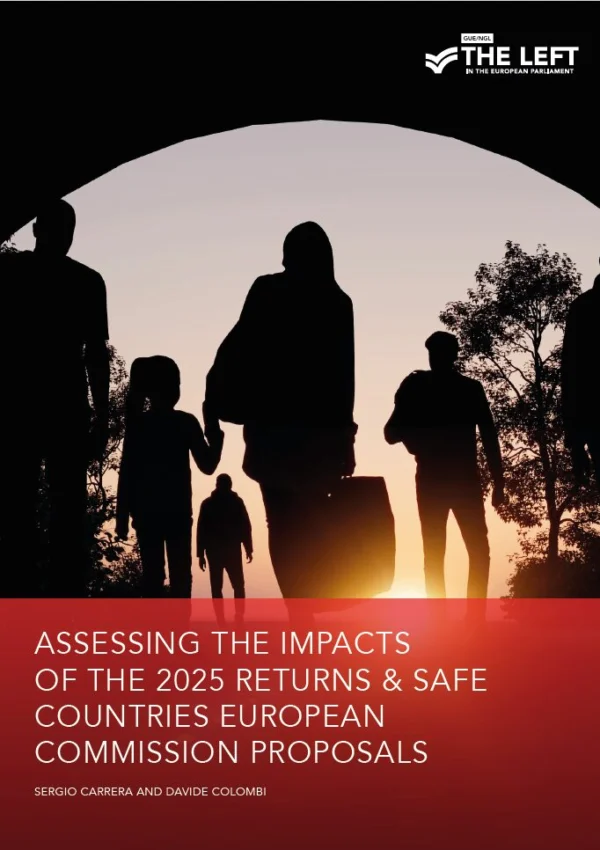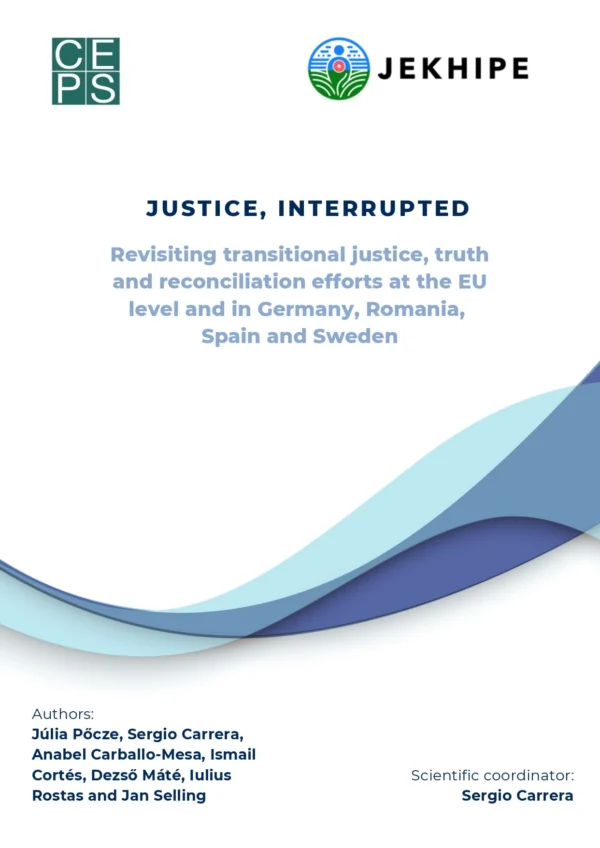Rule of law realities in the Western Balkans mean that these countries oscillate between semi-consolidated democracies and hybrid regimes. As the EU itself struggles to address internal challenges through a reform process, its accession framework for the Western Balkans (WBs) must also be upgraded. Having served its core purpose of ‘stabilising’ the post-war region, and with only one success story – Croatia’s EU accession – the Stabilisation and Association Process (SAP) has failed to accelerate the transformation and the EU’s accession track for other WB countries. The EU’s response to this stuck-in-transition region over the past years has been insufficient and lacked ambition.
The EU’s paradigm of ‘it’s not the date, but the process that matters’ has allowed a continuation of ‘business as usual’ for populist WB politicians flirting with Russia and Turkey – tolerated by the EU for as long as they facilitate stability in the region. As Russian and Turkish influences threaten to penetrate the political, economic and societal sphere of WB countries, and nationalist and populist narratives abound, the EU’s goal of building a pro-Western security community in the region is being undermined. This would have consequences for the region and beyond. Therefore, it is of paramount importance to centralise efforts through a revived enlargement process for the WBs with a clear timeframe (stages), stronger conditionality and more efficient financial assistance that channels support for accession reforms, economic development and competitiveness under a single instrument.
This publication has been carried out within the framework of the ENGAGE Fellowship Programme. The Fellowship Programme counts with the support of the Open Society Initiative for Europe (OSIFE). It is a tailor-made Programme that connects academic, civil society and think tank actors from Central and Eastern European and Western Balkans countries with EU-level policy debates. It consists of a one-year programme providing a set of trainings, study visits, public events and a policy brief writing exercise. The ENGAGE Fellowship takes a Rule of Law approach to the policy domains of Rights, Security and Economics.
Gjergji Vurmo is Program Director of the Institute for Democracy and Mediation (IDM), Tirana, Albania.






